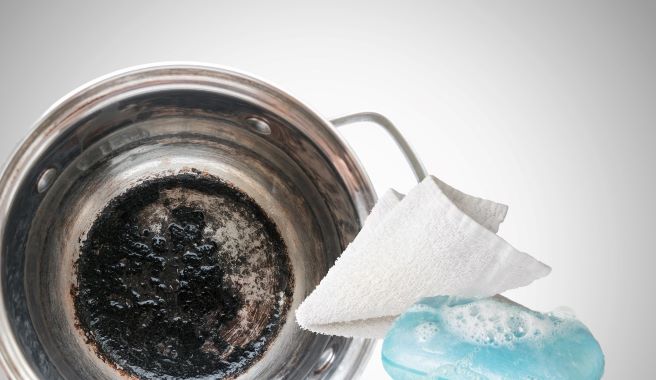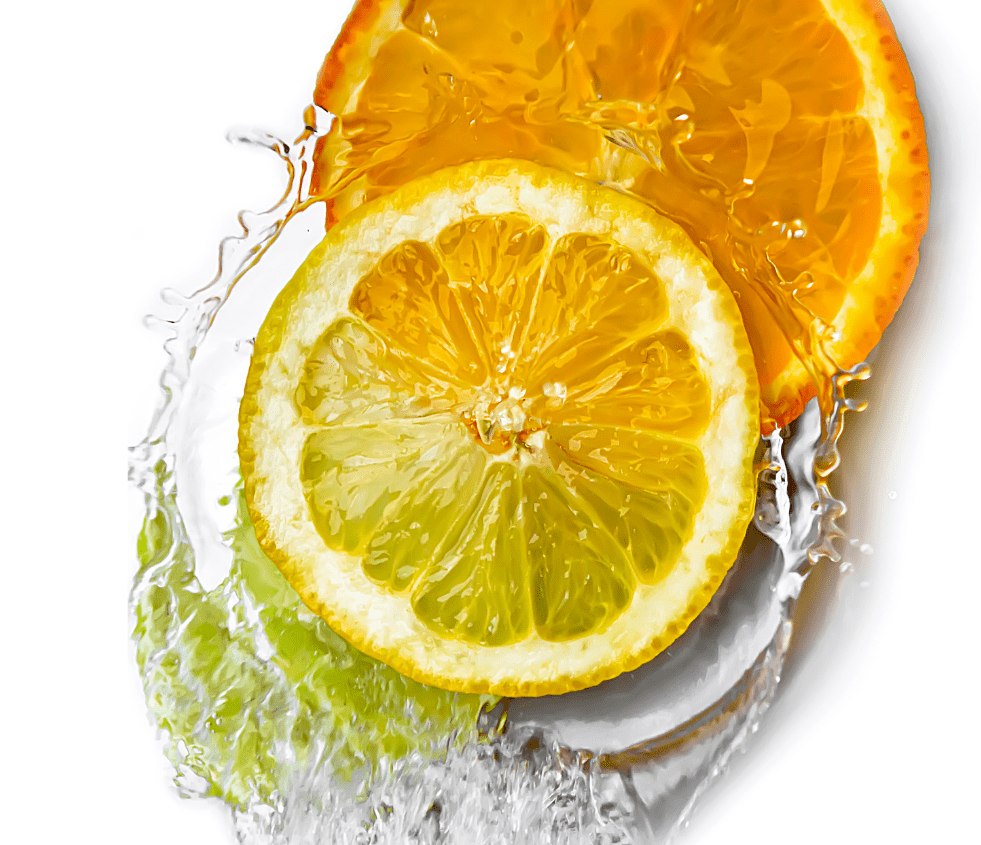Choosing a degreaser can be difficult, what's the right one to use?
How much of it should be used? What’s the difference between brands? This blog will help clear up some confusion in evaluating which degreaser use in the garbage chutes, bins, compactors and driveways after pick-up.
Cleaning chemicals help clean or degrease surfaces. Degreasers remove water-insoluble substances such as grease and oils with a specific type used for machinery. All-purpose cleaners are milder because the dirt and stains on glass, tile, and laminate are not as hard to remove. Bathroom and glass cleaners remove dirt, grime, stains, and smudges from fixtures, surfaces, windows, and mirrors. These cleaners differ in ingredients and also strength. For a compactor room it is more effective to use a stronger degreaser than an all-purpose cleaner.
The most important factor to consider: does it do the job?

Just as you don’t use body wash and a facecloth to clean a burnt pan, finding the best degreaser for compactor rooms is a balance between time required (efficiency) and how well the product works (effectiveness). The most important question to ask is, “how difficult will it be to use?’.
Sure, mixing baking soda with water can clean most garbage stains but it also means spending a lot of time scrubbing the surface. Time that could be used to do other tasks. Similarly, a vinegar solution or bleach can be applied and then scrubbed into the surfaces to disinfect the area, but it won’t pick up grease.
Each building is different and each super has a variety jobs to do. If the volume of garbage is low or the super has extra time, use a degreaser that takes longer to scrub to save money. However, if there are many bins and the super has a list of outstanding tasks, a more robust cleaner that works without scrubbing and in one quarater of the time is a better choice even if it costs a bit more per unit.
Butyl vs non-butyl products
There are many types of degreasers but they can be broken down into two key categories: butyl and non-butyl. Butyl type degreasers are effective at cleaning petroleum based substances such as motor oil or machinery grease. These act as a solvent breaking down the oil into a thinner less viscous liquid that is easier to clean. Butyl based degreasers are not toxic on their own but are generally mixed with other products which makes them a potential health hazard. This type of degreaser is not very effective at cleaning food related waste and grease, so in order to clean the compactor rooms it is important to use a non-butyl degreaser.
Non-butyl products are made from organic compounds
They break down and clean all the slurry that is left on the floor near the bins. Non-butyl cleaners will preserve specialty floors often used in compactor rooms, unlike butyl cleaners which will degrade the floors. Because grease sticks to itself, degreasers not only clean the surface but also limit grease accumulation. This leads to a cleaner area without buildup which means it is less work to clean (similar to a clean vs. “almost clean” roasting pan). When evaluating degreaser for this use, choose a non-butyl product.
Safety Considerations
Compactor room degreasers need to be strong to be effective. However, it is helpful to read the SDS to see what PPE is required. Most compactor room degreasers will need safety goggles and gloves to protect from spills. That is standard. However, we have seen an SDS sheet that required individual fit goggles by an authorized fit specialist and gloves that must be pre-checked for pin holes before each use. This was because a single incident of leakage could cause permanent damage. We have heard that this degreaser is fast-acting (good) but realistically the only way to check for pin leaks in gloves is to fill them with water prior to use. Nobody would do that. Is using this product sensible? We think not.
Scent in degreasers
Non-butyl cleaners can be made with citrus oils that not only naturally break down the waste – they also leave a nice scent in the area after use. This stops ‘garbage juice’ odours on contact, quickly removing lingering smells that hang around after stinky trucks complete pick-up. This light citrusy aroma lets residents walking by know that the cleaning staff has been hard at work. However, products made with citrus have more expensive ingredients, so if you have a only a few bins, get collection in an out-of-the-way area or this is not a priority, the natural scent may not add value.

Dilution and cost
A key to choosing degreaser to consider the amount of dilution to be effective. This means both reading the label to check the directions and, critically, consulting the super to see how much is actually needed to work. Some products are watered down to seem less expensive, but despite dilution directions, must be used at a greater strength to cut through organic waste.
To compare the cost per unit for different cleaners it is important to compare the diluted cost per unit (that the super actually uses the product at). The dilution amount varies based on different brands of degreaser, so while it might look like a good deal to pay less per liter, it can cost a surprising amount more if lots of degreaser is necessary.
Calculate the cost

To compare the cost of a degreaser find out from the super whether the dilution recommendation cleans well or what ratio works if the recommended one does not. Then use that ratio to find the diluted cost per liter.
A degreaser that costs $4 a liter and is diluted with three parts water costs $1.00 per diluted liter (The product makes 4 liters when diluted with three liters of water so $4 makes 4 liters usable product and $4/4 = $1.00). An $8 liter degreaser that is effective at 10:1 dilution costs $.73 per liter (1 liter makes 11 liters usable product after adding 10 liters of water and $8/11 = $.73). Thus the “expensive” cleaner costs $.27 per liter less to use – that is almost 30% less!
For more information about how odours travel in a building read here Ugh…Why Does the Chute Room Smell Disgusting?
For more information about cleaning more often read here How can we clean more often?
